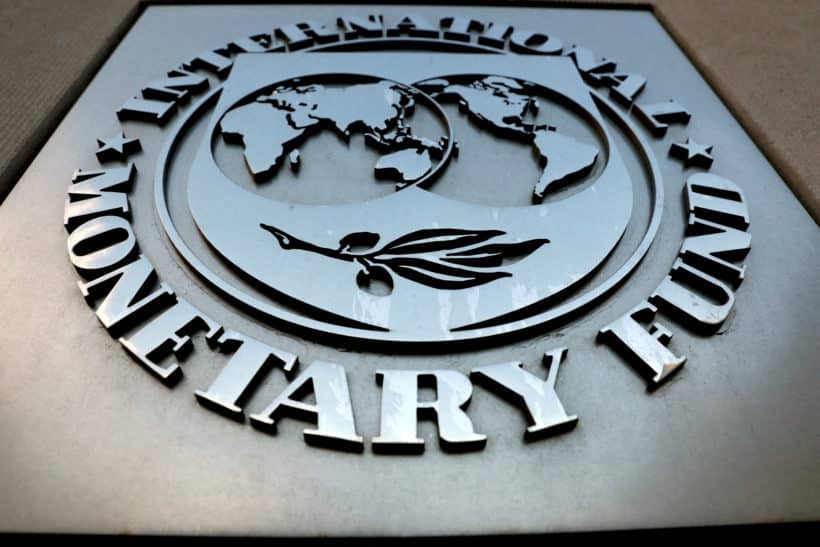
ACCRA, Feb 15 (Reuters) – Ghana’s new finance minister, Mohammed Amin Adam, pledged on Thursday to keep its $3 billion International Monetary Fund (IMF) programme on track as it aims to finish restructuring its overseas debt before an election in December.
President Nana Akufo-Addo replaced Ken Ofori-Atta with Adam, a petroleum economist who was minister of state at the finance ministry, in a cabinet reshuffle after criticism of the ex-banker’s leadership during the West African country’s worst economic crisis in a generation.
Ofori-Atta negotiated the IMF bailout loan to address the crisis, which saw inflation and debt servicing costs spiral upwards in 2022. He was, alongside Adam, seeking relief on about $13 billion owed to private bondholders when he was removed.
“There will not be any delays in the ongoing debt negotiations with bondholders because I have been part of the process,” Adam, once deputy minister of energy in charge of petroleum, said in a telephone interview.
“The advisers remain the same and the targets have not changed,” he said, noting that he was involved in talks from the start.
With national elections approaching in December, some analysts fear the new minister could relax fiscal consolidation to bolster the electoral fortunes of the ruling party.
“There will be no reversal on the IMF programme of fiscal consolidation. Revenue mobilization will be aggressive, backed by new reforms at the Ghana Revenue Authority,” Adam said.
He also said spending would be efficient and directly benefit Ghanaians.
“I am a pro-reform person,” Adam said. “And therefore strongly support the structural benchmarks under the IMF programme”.
The IMF has expressed its support for the new minister.
The World Bank board last month approved $300 million for Ghana, after it reached a deal to restructure $5.4 billion of loans with its official creditors.
Ghana is entitled to a three-part, $900 million Development Policy Operation loan from the World Bank and Adam told a local radio station earlier on Thursday that negotiations for the next disbursement were about to start.
(Reporting by Maxwell Akalaare Adombila, Editing by Rachel Savage, Alison Williams and Alex Richardson)

